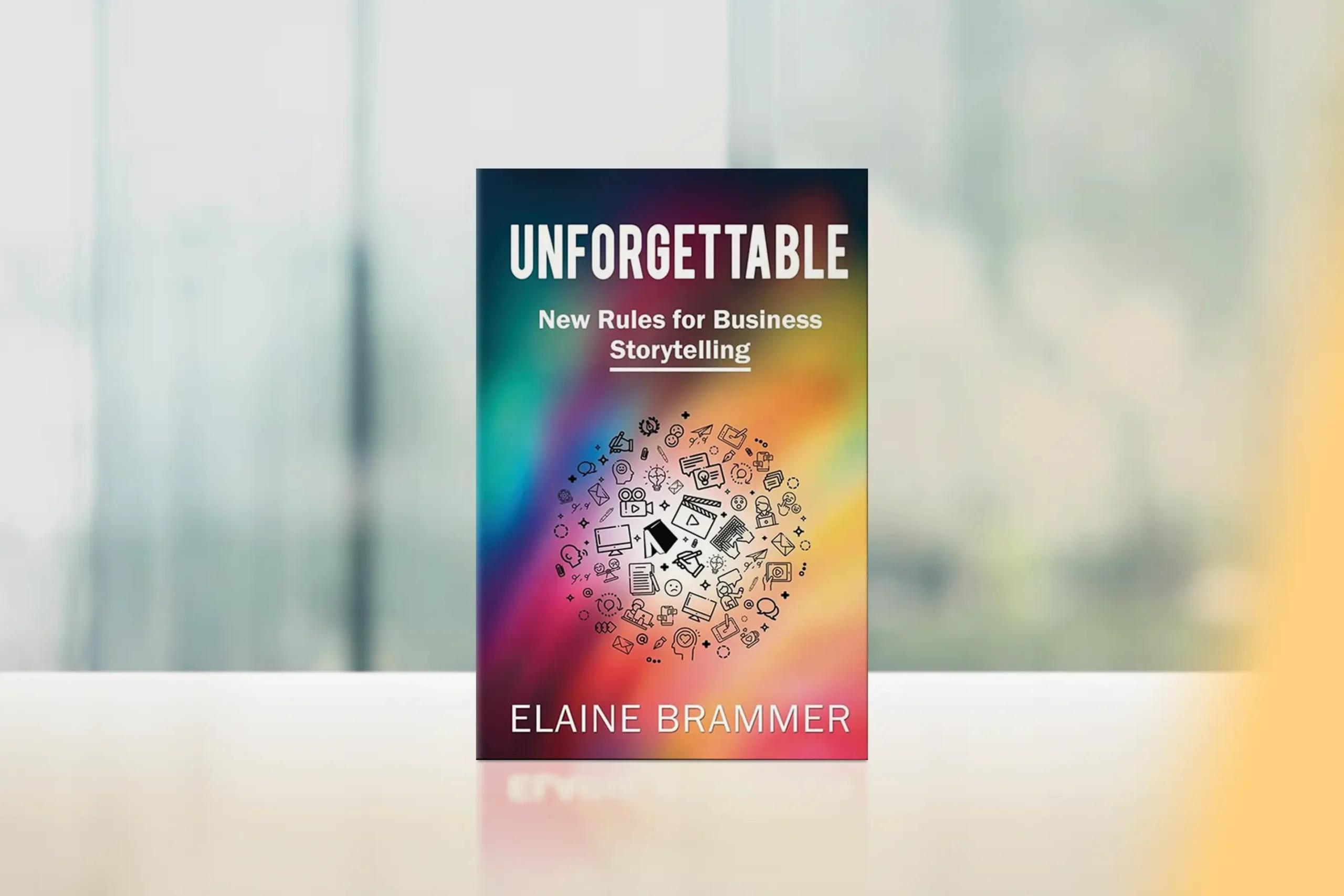Have you ever felt stuck in your career transition because you “don’t have the right experience”? You’re not alone. In today’s rapidly evolving job market, the traditional path of gaining experience through formal employment isn’t always available or practical. But here’s the exciting truth: there are numerous creative, unconventional ways to build relevant skills and experience outside the traditional career ladder.
Whether you’re pivoting industries, climbing the corporate ladder, or starting your own venture, the ability to strategically acquire and demonstrate new skills is your secret weapon. This approach – what we call “experience hacking” – is about finding innovative ways to gain practical expertise while bypassing traditional barriers to entry.
In this guide, we’ll explore how you can accelerate your career transition by thinking creatively about skill acquisition and experience building. Get ready to discover powerful strategies that will help you bridge the experience gap and position yourself for your dream role.
1. The Art of Strategic Skill Mapping
Before diving into experience hacking techniques, you need to know exactly what skills to target. As highlighted in “Range: Why Generalists Triumph in a Specialized World“ by David Epstein, successful career transitions often leverage both specialized and transferable skills.
Start with these steps:
- Core Skill Identification
- List required skills for your target role
- Identify overlapping skills from your current experience
- Prioritize gaps to address
- Hidden Skill Recognition
- Analyze your existing experience for relevant transferable skills
- Consider soft skills that translate across industries
- Look for unique combinations that could become your competitive advantage
Reflection Prompt: What unique skills from your current role or life experiences might be valuable in your target career? Write down three non-obvious connections.
2. Unconventional Learning Laboratories
Traditional experience isn’t the only valid experience. Let’s explore creative ways to build practical skills:
Virtual Experience Building:
- Create simulated projects mirroring real-world challenges
- Participate in industry-specific online challenges
- Build a portfolio through self-directed projects
Community-Based Learning:
- Lead volunteer projects in relevant areas
- Join or create interest groups
- Organize events or workshops in your target field
Digital Apprenticeships:
- Shadow professionals virtually
- Participate in online mentorship programs
- Contribute to open-source projects
For more insights on leveraging diverse experiences, check out our article “Pathways to Passion: Diverse Stories of Successful Career Transitions“.
Challenge: Choose one unconventional learning opportunity and commit to it for the next 30 days. Document your learning journey and the specific skills you develop.
3. The Side Project Strategy
Side projects are powerful tools for building relevant experience. They offer the perfect blend of practical learning and portfolio building.
Types of Impact-Driven Side Projects:
- Solve a real problem in your target industry
- Create content demonstrating industry expertise
- Build tools or resources for your target community
- Launch a minimum viable product or service
Project Selection Criteria:
- Aligns with target career skills
- Provides tangible outcomes
- Offers networking opportunities
- Can be completed within 2-3 months
For additional perspective on maximizing side projects, explore our article “The Innovation Edge: Leveraging Diverse Networks for Breakthrough Ideas“.
Reflection Exercise: What problem in your target industry interests you most? Brainstorm three potential side projects that could address this challenge while showcasing your skills.
4. Strategic Networking for Skill Development
Networking isn’t just about finding job opportunities – it’s about creating learning opportunities. As detailed in “Never Eat Alone“ by Keith Ferrazzi, strategic relationships can accelerate skill acquisition.
Skill-Building Network Strategies:
- Join professional associations in your target field
- Participate in industry hackathons or challenges
- Offer to collaborate on projects with industry professionals
- Create content that attracts potential mentors
Experience Exchange Opportunities:
- Skills-swap arrangements
- Collaborative learning groups
- Micro-mentoring sessions
- Industry-specific mastermind groups
5. Documenting and Showcasing Your Experience Hacks
It’s not just about gaining experience – it’s about effectively communicating its value. For more insights on this, consider reading “So Good They Can’t Ignore You“ by Cal Newport.
Documentation Strategies:
- Maintain a learning journal
- Create case studies of your projects
- Record measurable outcomes
- Collect testimonials and recommendations
Portfolio Building Tips:
- Focus on results and impact
- Highlight problem-solving process
- Demonstrate industry knowledge
- Show progression and growth
Practical Application
Let’s create your personalized experience hacking plan:
Week 1: Foundation
- Complete skill gap analysis
- Identify three potential learning projects
- Join two relevant professional communities
Week 2: Launch
- Start one side project
- Reach out to three potential mentors
- Begin documenting your learning journey
Week 3: Build
- Implement feedback from community
- Create first project milestone
- Establish learning partnerships
24-Hour Challenge: Today, identify one skill gap and find a free online resource, course, or project to start addressing it. Take the first step within 24 hours.
Your Next Steps
The path to your next career doesn’t have to be traditional to be valid. By creatively building relevant experience through these strategies, you’re not just preparing for a career transition – you’re demonstrating the exact kind of innovative thinking and proactive approach that employers value.
Remember these key principles as you move forward:
- Every project, no matter how small, builds your experience portfolio
- Creativity in skill acquisition can set you apart from traditional candidates
- The best experience often comes from solving real problems
- Your unique learning journey is part of your personal brand
Final Reflection: How might your creative approach to gaining experience become a compelling part of your career story? What unique value could your unconventional path bring to your target role?
Take that first step today. Your future career is waiting, and you have everything you need to start building the experience that will take you there. The only question is: which experience hack will you try first?





